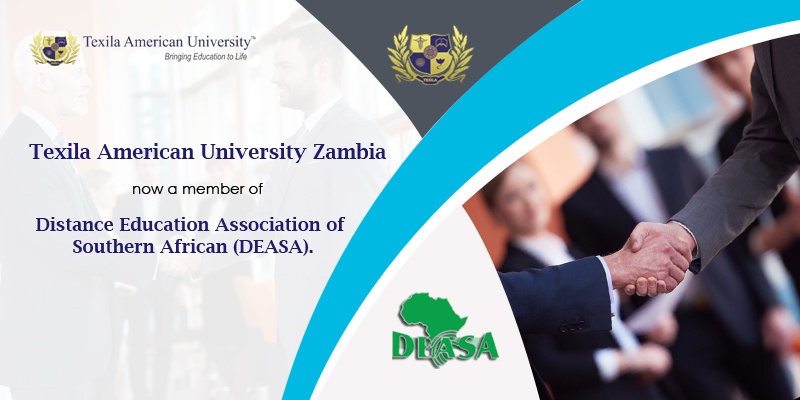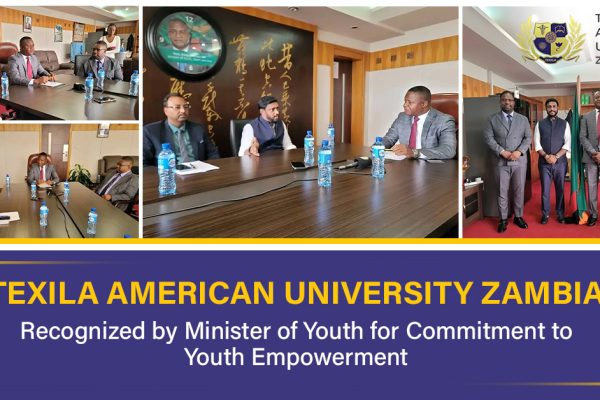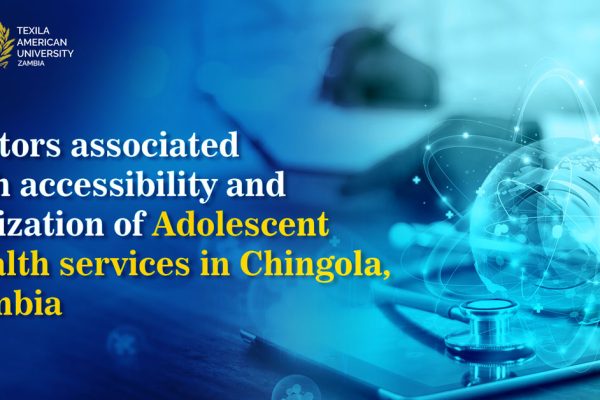|
Tired of Reading? Please listen to the blog
|
Blog Summary
Which assists the nation’s development, foreign direct investment, not or financial donations? There has been a constant debate about the pros and cons of FDI and gifts. Considering the current economic trends in Africa, despite the fluctuations in GDP, it has made significant monetary benefits, with the growth primarily centered on mining and large infrastructure projects. It has substantially benefited foreign organizations and big businesses in Africa. Policies must be drafted to benefit all sectors and small enterprises. A new model to benefit the whole economy from FDI is needed and will help Zambia become a great country.
Introduction
The great debate In the Economics of Under-developed Nations, such as in our own Zambia on the Continent of Africa, is the prevailing question of what is better between a Nation obtaining Foreign direct investment from other nations or obtaining a grant or financial donations for the purpose of assisting towards the development of the Nation, each has its own Advantages and disadvantages.
When looking at the unique Diaspora of Africa.
Four wellsprings of capital streams drive Africa’s improvement: household incomes; settlements, Official Development Assistance (ODA); and Foreign Direct Investment (FDI). In 2012, 17 nations got more FDI than ODA, proposing that sub-Saharan nations are less subject to help.
Current Status
As we speak on the current status, it is essential we take note of the following abbreviations such as MDGs(Millennium Development Goals), OECD(Organisation of Economic, Corporation, and development), and SDGs(Sustainable development, Goals)
It is enlightening to note that around 55 percent of ODA is national programmable help. Consequently, a beneficiary nation can extensively affect how help is spent. Albeit worldwide streams of ODA expanded by 66 percent between 2000 (when the MDGs were consented to) and 2014, one driving improvement financial specialist and defender of SDGs, Jeffery Sachs, contends that ODA streams – at the present normal of 0.29 percent – from OECD nations are minuscule. The United Nations ODA focus for OECD nations is 0.7 percent of gross national salary.
Advantages
According to the world bank, In 2017, Zambia’s economic growth recovered to an estimated 3.9% (from 3.8% in 2016) due to a bumper crop harvest and better electricity supply. Faster economic recovery was dragged by significant government payment arrears, which exerted pressure on the financial sector. Non-performing loans rose to 12.3% of outstanding loans, and lending to the private sector declined, thus constraining private investment and consumption.
Disadvantages
Despite this strong outlook and the growth of Zambia s FDI, by about 539%, this has not trickled down into the other sectors of the Economy. Zambia’s Foreign Direct Investment is from the following Countries. Zambia’s FDI is dominated by significant mining investments from Canada, Australia, the United Kingdom, Switzerland, the USA, and China, mainly by large infrastructure projects.
Recommendation for a solution and Ending Remarks.
From the current Economic data, the conclusion thus by Economists and Financial minds thus is that Zambia’s Economy, despite the fluctuations in GDP (Gross Domestic Product) and (Gross National Product) has made a significant gain in Monetary Indicators; despite this, the growth has been primarily centered towards Mining and large infrastructure projects. Therefore the Economic Benefits of this growth has remained in the hands of largely foreign organizations and big businesses.
The solution therefore in the Zambian climate is to create more expanded policy reforms that allows for small to medium sized business to partner with international stakeholders in the formulation of these contracts ,not only through financial gain ,that only seems to act as a catalyst for greed among the few stakeholders in the Economic ring of Foreign direct Investment but through contractual long-term agreements that trickle into other sectors of the Economy such as Training through more detailed and well framed skills exchange systems ,education reform and specialist skills programme and newly created business models that integrate not only the Medium and large sectors of the Economy but small scale segment of the Economy as well,tax incentives and relief can be placed as an incentive to co-operations and organisations that will adhere to these new reforms and reformation of the banking policy on foreign exportation of profit made within Zambia ,needs to be regulated with an analysis and new mind set as research and study has shown that over $1 Billion every quarter leaves Zambia through the same current Model . If we can utilize and create an entirely new method and Model of benefiting from FDI, Zambia will finally take its place as the great country it truly is.
– Dr. Agape Kapasa
Associate Professor_BITE











